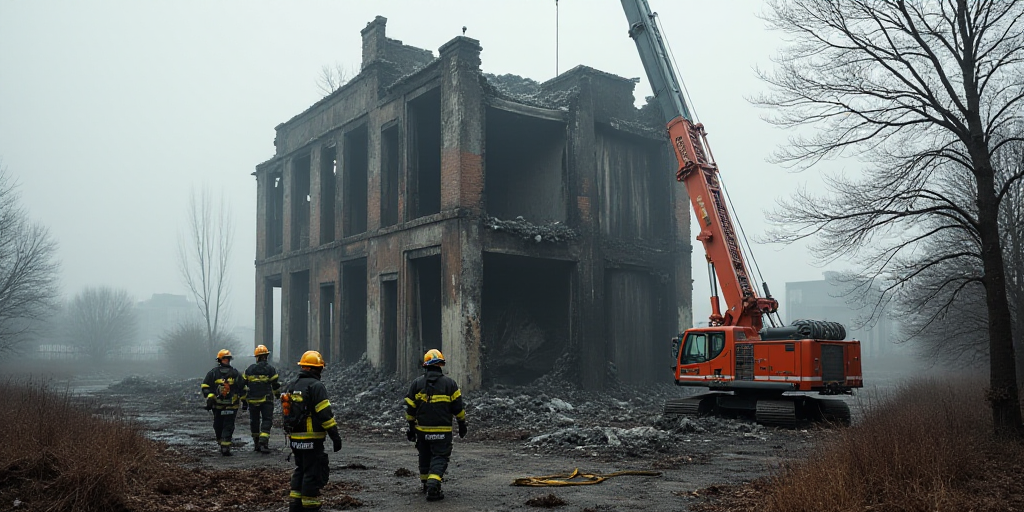Background and Key Players
The recent conflict between Israel and Iran has resulted in a fragile truce, with both sides declaring victory after two weeks of tension. Israel’s Prime Minister, Benjamin Netanyahu, claimed a “historic victory” against Iran, while Iran’s President, Hassan Rouhani, also declared victory and reaffirmed their right to develop a civilian nuclear program.
Israel has long accused Iran of attempting to acquire nuclear weapons. In response, Israel launched a series of airstrikes targeting Iranian military and nuclear installations, killing several high-ranking Iranian officials and nuclear scientists. Iran retaliated by firing missiles and drones at Israeli territory.
US Attacks and Their Effectiveness
A confidential US intelligence report, leaked to the press, has raised doubts about the effectiveness of the US attacks on Iran’s nuclear facilities. According to the report, the bombings of Fordo, Natanz, and Isfahan sites did not completely eliminate Iran’s centrifuges or enriched uranium reserves. Instead, the attacks reportedly sealed some entrances without destroying the underground buildings, only delaying Iran’s nuclear program by a few months.
The White House spokesperson, Karoline Leavitt, confirmed the report’s authenticity but dismissed it as “completely erroneous,” stating that it was an attempt to undermine President Donald Trump and discredit the pilots who carried out the strikes.
Future Prospects and Negotiations
Israel’s Chief of Staff, Lieutenant General Eyal Zamir, warned that the campaign against Iran is not over and a “new chapter” begins. Israel will now shift its focus to its ongoing conflict with the Palestinian Islamist group Hamas in the Gaza Strip.
Iran’s President Rouhani expressed willingness to resolve issues through negotiations with the United States, reiterating that Iran’s nuclear program is intended for peaceful purposes only.
Impact and Casualties
The conflict has resulted in significant casualties on both sides. In Israel, four people were killed in Beerseba due to an Iranian missile attack. In Iran, a missile strike in the Guilan province left 16 people dead and four apartment buildings destroyed before the ceasefire was announced.
Official casualty counts show at least 610 deaths and over 4,700 injuries in Iran, with the majority being civilians. Israel reported 28 fatalities from Iranian attacks.
Key Questions and Answers
- What is the current status of the conflict between Israel and Iran? A fragile truce exists, with both sides declaring victory. However, uncertainty remains regarding the effectiveness of US attacks on Iran’s nuclear facilities.
- What did the confidential US intelligence report reveal? The report suggests that US attacks on Iran’s nuclear facilities did not completely eliminate Iran’s centrifuges or enriched uranium reserves, only delaying the nuclear program by a few months.
- How have Israel and Iran responded to the conflict? Israel launched airstrikes against Iranian military and nuclear installations, while Iran retaliated with missile and drone attacks on Israeli territory.
- What are the casualty figures from the conflict? The conflict has resulted in at least 610 deaths and over 4,700 injuries in Iran, with 28 fatalities reported in Israel from Iranian attacks.






